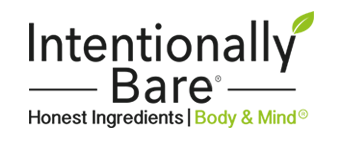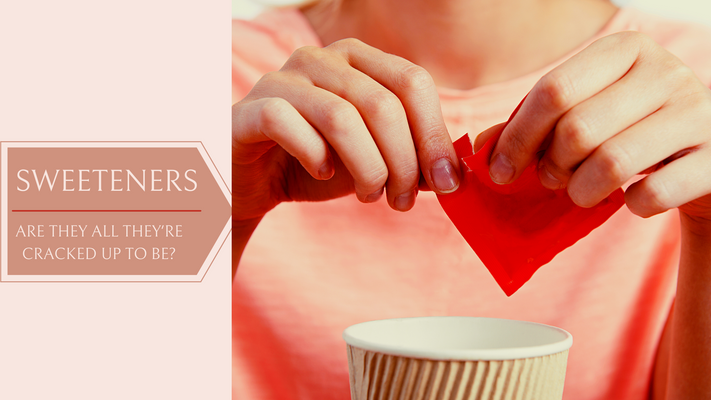For many people, transitioning from the sugar and high-fructose corn syrup laden Standard American Diet is made easier by using artificial sweeteners. However, sometimes those sweeteners can end up making things more difficult. Sweeteners can have carbs, and some of them can even cause an insulin response. That can be detrimental for people who are fighting against insulin resistance. Today, I’m taking a look at several popular sugar substitutes, and how they can impact your body.
Splenda | Sucralose
Splenda, a brand name for sucralose, is one of five artificial sweeteners approved for sale in the US. It was introduced in 1998 as a high-intensity sweetener; it’s 600 times more sweet than sugar. In theory, that means you should need to consume less Splenda than sugar.
That’s probably a good thing, since sucralose isn’t digestible. Despite this, it’s still a very popular artificial sweetener, because it maintains its sweet flavor even when it’s heated. Not every artificial sweetener does, so Splenda quickly became very popular for use in home baking. Recent studies suggest that sucralose may not be as safe as was previously thought. We also know that sucralose causes an insulin reaction in many people. We know that the body can’t burn fat while it’s secreting insulin. So if you’re dumping several Splenda in your iced tea, and you have three or four glasses a day, you may be undermining your efforts!
Equal, NutraSweet | Aspartame
Aspartame, sold as Equal and NutraSweet, is 200 times sweeter than sugar. There is a lot of controversy surrounding aspartame. There is some evidence to suggest that aspartame may be a seizure trigger, so aspartame is definitely not a good sweetener for those who use the keto diet for seizure control. Beyond that, the American Cancer Society cites statistics that say that for a person’s cancer risk to increase due to aspartame exposure, they would need to consume approximately twelve diet sodas per day. For most people, aspartame does not cause an increased insulin response.
However, consuming aspartame regularly can set you up for increased sweets cravings. This can make it difficult for you to break that craving cycle. At some point, you may find yourself giving in to those cravings.
Sweet ‘N Low | Saccharin
Saccharin is another common artificial sweetener sold in North America. Saccharin does not affect blood sugar, but it probably negatively impacts your gut fauna. When your gut fauna is struggling to properly function, it may not be adequately managing your digestive functions. This can lead to problems with your blood sugar levels.
Sugar Alcohols | Xylitol, Erythritol, Sorbitol, Malitol
Sugar alcohols are processed sweeteners that are similar to sugars naturally found in fruits. They have less calories and carbs than regular sugar, but they are not calorie and carb free, like artificial sweeteners. They often contain components that lead to bloating and stomach upset for many people.
Monk Fruit
Monk fruit is an all-natural sweetener approved by the FDA in 2010. It’s derived from a melon-sized gourd also known as luo han guo. It’s often chosen by people as an alternative to sugar because it’s all-natural. However, it is often mixed with erythritol, so it’s important that you read your label carefully.
Stevia
Stevia is made from the leaves of the stevia plant. It’s 100 times sweeter than sugar. However, much like cilantro, stevia doesn’t taste the same to everyone who tastes it. For most people, it has a sweet taste. However, for some it tastes bitter, and for others, it tastes like menthol. Talk about an unpleasant surprise!
The FDA has only approved certain versions of stevia extracts. That’s because stevia is so new on the market that not a lot of testing has been done on other versions. However, stevia extract has no carbs and doesn’t seem to spike insulin production, so that makes it a great sugar substitute for anyone trying to lose weight.
Stevia is my personal favorite. Because not all restaurants or coffee shops carry it, I often have a stash of stevia packets in my purse.
The bottom line is, it’s important to be aware of what you’re putting into your body. This is true with anything, not just sweeteners. While many may not have direct detrimental effects on your weight loss efforts, you should be cautious.


